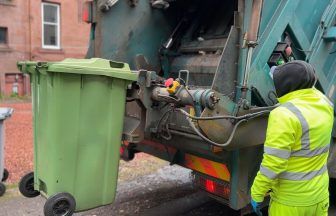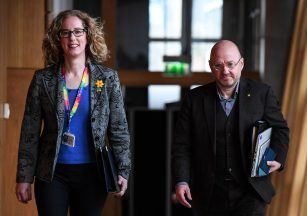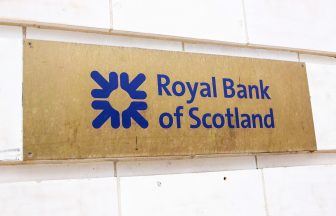Supermarkets and convenience stores are implementing a raft of changes to protect customers and staff during the coronavirus outbreak.
One of the key measures that will come into effect on April 1 is the spending limit for contactless card payments will rise to £45 from the current £30.
Trade association UK Finance said changes already under consideration by the industry have been speeded up as part of the industry’s response to tackling the Covid-19 virus.
Stephen Jones, CEO of UK Finance, said: “This will give more people the choice to opt for the speed and convenience of purchasing goods using their contactless card, helping to cut queues at the checkout.”
It is hoped the move will cut down on cash transactions and the need to handle currency notes.
Some of the other key changes introduced at supermarkets during the crisis include:
Screens in front of cashiers – Supermarkets are installing plastic protective screens at the checkout to protect against coughs and sneezes. Morrisons said its screens are 1.5 metres wide and almost one metre tall. They will inform customers of social distancing measures, while also directing them to the small windows for payments.
Priority shopping hours – Many supermarket have introduced priority shopping hours to allow the elderly and vulnerable to access goods in a quieter setting. Among the current priority hours are:
- Tesco – Between 9am and 10am every Monday, Wednesday and Friday (except Express stores).
- Sainsbury’s – Between 8am and 9am every Monday, Wednesday and Friday to serving elderly customers, disabled customers and carers.
- Asda – Vulnerable groups have priority access from store opening time to 9am.
- Waitrose – First opening hour at each Waitrose supermarket.
- Iceland – First trading hour every day.
NHS staff perks – Many supermarkets have brought in measures to make life easier for people employed by the National Health Service. These include setting aside essential products, priority checkout service and dedicated shopping hours.
Limiting customer numbers – Many supermarkets are adhering to public health guidance on social distancing by limiting the number of people inside the store at any one time and closing public spaces such as cafes. Marshals have been deployed to manage queues, reminding customers of the two-metre social distancing rule.
Bolstering click-and-collect – Supermarkets are adding more click and collect locations with virtually no delivery slots available for the next month.
Limits on certain products – Limits have been placed on many high-in-demand products such as dried pasta, hand soap, tinned goods, sanitiser gel and toilet roll in a bid to prevent stockpiling of essential items.
Contactless handover of goods – It’s not just supermarkets getting in on the act. Smaller convenience stores such as Nisa have adopted a policy that sees customers point at the items they want on a chart; staff members then collect the items and pass them through a window.
Follow STV News on WhatsApp
Scan the QR code on your mobile device for all the latest news from around the country























